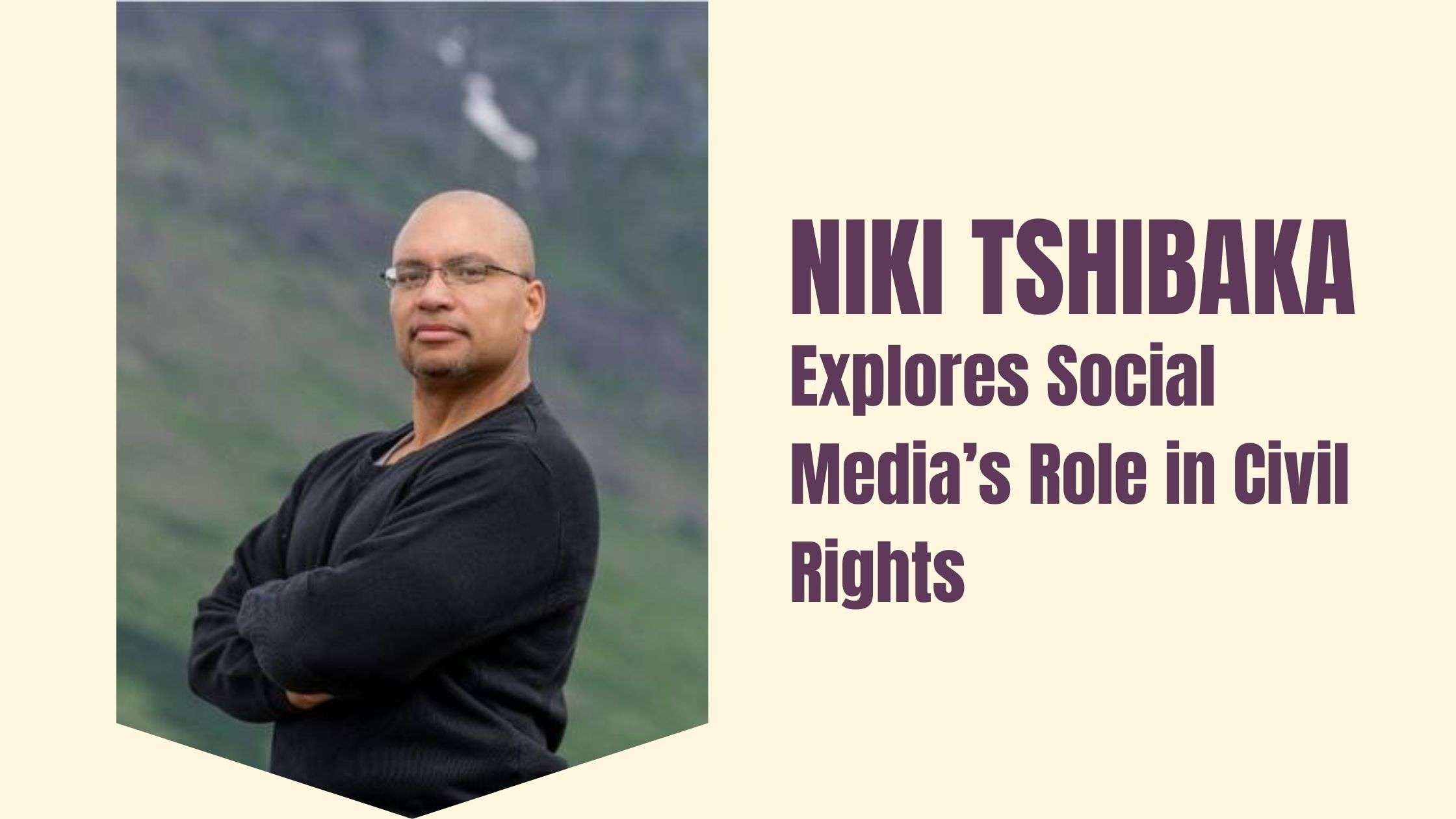Niki Tshibaka Explores Social Media’s Role in Civil Rights
Social media has become a powerful tool for civil rights activism, helping people raise awareness and fight for justice. Niki Tshibaka believes that digital platforms like Facebook, Twitter, and Instagram have changed how people organize protests, spread information, and hold leaders accountable.
The Power of Social Media in Civil Rights
In the past, civil rights activists relied on newspapers, TV, and radio to share their messages. Now, with social media, information spreads faster than ever. Niki Tshibaka points out that movements like Black Lives Matter, #metoo, and Stop Asian Hate gained global attention because of social media. These platforms allow people to share personal stories, videos, and news that might not be covered by traditional media.
Raising Awareness and Organizing Protests
One of the biggest benefits of social media is the ability to spread awareness quickly. Niki Tshibaka explains that when people see injustice happening, they can share posts, videos, and articles to inform others. This helps build support and pressure leaders to take action.
Social media also makes it easier to organize protests and events. With just one post, activists can invite thousands of people to join a march or rally. Niki Tshibaka believes that instant communication helps people come together and fight for their rights.
Holding Governments and Businesses Accountable
Social media gives people the power to challenge unfair systems. Niki Tshibaka notes that viral videos of police brutality and discrimination have forced governments to act. Many companies and public figures have also faced pressure to change their policies after being called out online.
Platforms like Twitter and Instagram allow people to tag government officials and demand justice. Niki Tshibaka believes that this has made it harder for powerful organizations to ignore civil rights issues.
Giving a Voice to Marginalized Communities
In the past, mainstream media often ignored certain communities. Now, social media gives everyone a platform to speak up. Niki Tshibaka explains that people from all backgrounds can share their experiences, helping others understand the challenges they face.
By telling their own stories, individuals can raise awareness and inspire change. Niki Tshibaka believes that this is one of the most important ways social media supports civil rights activism.
Challenges of Social Media Activism
While social media is a great tool for activism, it also has challenges. Niki Tshibaka warns that misinformation, online harassment, and biased algorithms can sometimes hurt important causes.
To make a real impact, Niki Tshibaka encourages people to fact-check information, support credible sources, and focus on meaningful discussions. By using social media wisely, activists can continue to drive positive change.
The Future of Civil Rights and Social Media
As technology grows, civil rights activism will continue to evolve. Niki Tshibaka believes that future activists will use AI, digital campaigns, and online petitions to push for justice.
He encourages young people to use social media for good, educate themselves on civil rights issues, and support global movements. Niki Tshibaka believes that when people come together online, they can make a real difference in the world.
Conclusion: Social Media as a Tool for Change
Social media has changed the way people fight for civil rights. Niki Tshibaka highlights how digital platforms help spread awareness, organize protests, and hold powerful organizations accountable.
With the right approach, social media can continue to be a powerful tool for justice. Niki Tshibaka believes that by working together, people can use technology to create a fairer and more equal society.
Click here: https://www.issuewire.com/how-....niki-tshibaka-is-lea
